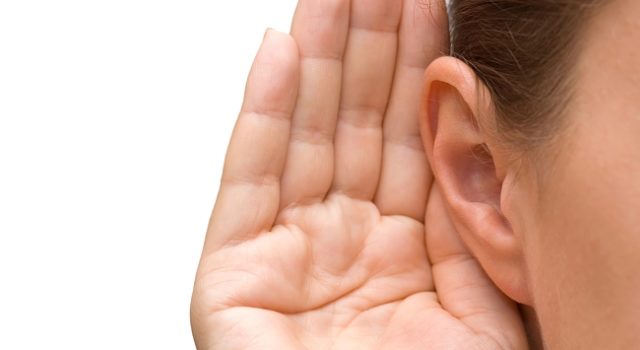“I remind myself every morning: Nothing I say this day will teach me anything. So, if I’m going to learn, I must do it by listening.”
~ talk show host, Larry King
My community hosts a number of regular storytelling events including The Moth, Story Slam, RAW Storytelling, and City Speaks. The intention of each event is to provide a platform to anyone who wishes to use his or her voice (and hopefully a penchant for old-fashioned storytelling) to convey a true, personal story related to the predetermined theme for that evening. Some of these events are curated, some not. Public speaking is indeed an art form with an implicit framework. While certainly more inclusive, loose criteria and less stringent guidelines at some of these events sometimes results in a painfully drawn out evening of meandering, uninteresting storytelling which lacks focus. In spite of this, I continue to attend nearly all the storytelling events in my community. I have my reasons.
I show up and I listen intently because people deserve to be heard. Freedom of expression, particularly speaking up and speaking out, requires a combination of courage and confidence—whether we use our voices to take a stand on something, to express our personal feelings, or to advocate for ourselves or on behalf of another individual who has not yet found his or her own voice. Using one’s voice has long been a privilege too few of us dare to claim. This phenomenon is precisely what inspired me to write my first book co-authored with my youngest child, I Think: How Thinking Like a Kid Can Save Your Life. My third child, Damian, was born with the innate ability to finesse both speaking up and speaking out. From the outset, I was determined to support, encourage, and nurture his special “superpower.”
But even worse than becoming silenced is to make the choice to abandon the act of truly listening to what others have to say. The most accurate example of this is the endless FB feeds in which friends, family, and strangers alike spew hatred and vitriol with ease. It becomes easy to show disrespect once it has been determined that someone does not deserve our attention. The potential to become disregarded is exacerbated by the fact that it has become too easy for us to tune others out. In just a few clicks, one can log onto social media, search for silly memes, or get lost within the pixels of a video game or a YouTube video. Being silenced can become a sophisticated from of social ostracism. For some, it has become easier and more appealing to socialize with “friends,” friends whom he or she has never met, versus peering into the eyes of an actual live person and remaining engaged through the parts of an exchange we would rather skip over. Ignoring is effortless. Paying attention requires a combination of intention, sincere effort, and sometimes a willingness to be vulnerable.
I derive energy via connecting to others. Therefore, it is no surprise that I often feel a strong sense of connectedness when I leave a storytelling event. Sometimes the delivery isn’t stellar, but the content is thought-provoking. Although I know and appreciate the benefits of paying attention, I too am still guilty of tuning out the world around me. I rarely walk my dog without first grabbing my cell phone on my way out the door. The morning after I attended a recent storytelling event, however, the topics shared the night before still fresh in my memory, I consciously chose to leave my phone behind during my walk. I was able to catch my breath and take in the sights and sounds around me! I heard the whizz of each car engine zipping past me. I noticed butterflies, birds, and of course, lizards. I took in the evergreen tree which stands in the parking lot across from my building—recently decorated with hearts for Valentine’s Day. I looked directly into the eyes of each of the passersby as well as their four-legged companions. I was an active participant in my walk. Ten to fifteen minutes later, I possessed greater clarity for the rest of the day and felt completely refreshed.
Attending multiple storytelling events has inspired me to make a conscious choice to become a better listener and better observer this year—and not merely relative to the topics, issues and people I have an interest in. I am making a conscious choice to listen and pay attention to every word of those who have the courage and the willingness to ask that they be heard—irrespective of whether or not I value the topic or the speaker’s perspective. We all benefit from consciously connecting. But in the long run, the receiver is the one who benefits most. As Larry King said, “if I’m going to learn, I must do it by listening.” I have learned so much by listening to the opinions and experiences of others. Sometimes their words reinforce my own beliefs. Other times, my perspective has shifted, influencing me and leaving me profoundly changed for the better.
Improving one’s ability to listen results in stronger interpersonal relationships, too. A one-sided relationship is, in fact, no real relationship at all. The foundation of any healthy relationship is reciprocity—give and take. Authentic listening results in increased empathy and compassion, too. And while it should not take a trend to reinstate good listening, one need only peruse the Tweets of the leader of the free world to reinforce that we need to bring empathy and compassion back into vogue. I am doing my part. I encourage you to consider the ways in which your daily life can be enriched by making a conscious choice to listen more intently.
One last thing, thank you for listening:)







Read 0 comments and reply